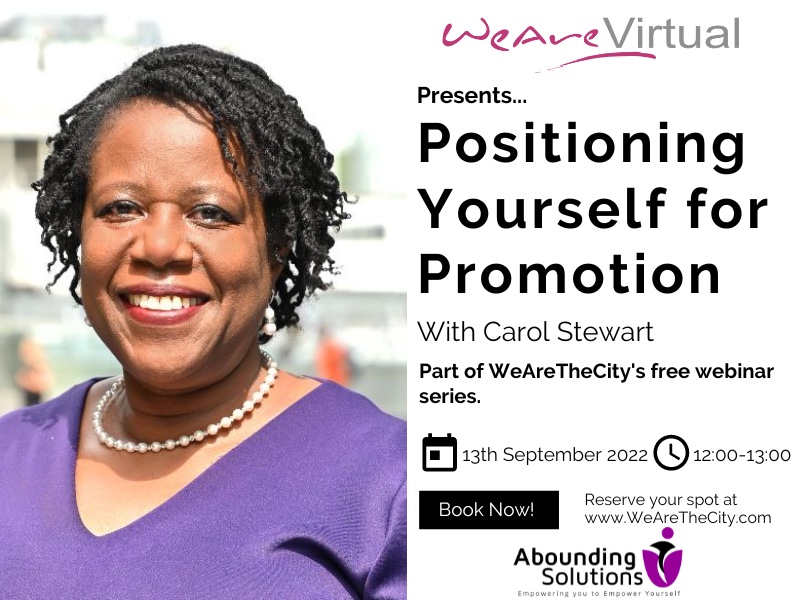 For women who have just started their careers, or just want to progress beyond the roles they currently have, fears around your ‘likability’ can arise.
For women who have just started their careers, or just want to progress beyond the roles they currently have, fears around your ‘likability’ can arise.
Most women are taught early that being helpful, kind, and likable are the most valuable traits a girl can possess – and this is hard socialisation to unlearn. In fact, I don’t think it’s something we should denigrate – the world would be better off if we had far more leaders who prioritised kindness.
However, I’ve also seen this concern about likability in coaching clients who’ve struggled with becoming the boss to a group of former peers. One ambitious client initially considered moving companies rather than seek a promotion that could dent her popularity with peers. After all, ‘ambition’ and ‘likability’ are not a mix we often see praised in women. However, that stereotype is what I’d call a complete ‘con job’ – as it gets women to lower their own ambitions.
When looking at the actual evidence in writing ‘The Con Job: Getting Ahead for Competence in a World Obsessed with Confidence’ a particular piece of research caught my eye. An analysis published in the Harvard Business Review found that of the 360° leadership-effectiveness scores of more than 7000 executives, women were consistently rated higher than the men, by their direct reports, peers and managers at every level. By contrast men were perceived more negatively and less likable as they rose to each level.
By comparison, women executives generally maintained their popularity throughout their entire careers. In fact, likeability for women was only marginally lower before they reached middle management. Not surprisingly, careless and arrogant leaders can be found everywhere. However, their data showed that among the least likeable, 3% more were men. Contrastingly, among the most likeable, 3% more were women.
This should be reassuring to women who fear they will have to trade off likability versus seniority ‒ a common concern. Similarly, this should give pause for thought to those who anecdotally witness the ‘Queen Bee’ syndrome. The questions I often get at events when I’m speaking often focus on ‘bitch bosses who pull the ladder up’. However, I don’t see this as a sign of the ‘unlike-ability of senior women’. Instead, it’s more an indication of our higher expectations of women to be nurturing and collaborative leaders.
These stereotypes are a burden for working women. Women often downplay their authority to keep things on an even keel, but this can backfire if others interpret them literally and belittle their seniority and expertise. It can make them more vulnerable to challenge.
As linguist Deborah Tannen explains in her book ‘Talking from 9 to 5’: Like many conversational rituals common among women, talking ‘as if we are all equals’ but still expecting to receive support appropriate to the higher-status position depends on the participation of the other person to respect that position. This is where many of my clients initially struggle – getting colleagues to respect their seniority or simply to hear their ideas.
If women struggle to balance being ‘nice’ in positions of leadership, this may be a reaction to a legitimate concern of appearing threatening. Another common way of ensuring your high status doesn’t threaten others is to ensure you don’t appear to ‘have it all’. I see this with senior women I know who take pains to praise others, downplay their achievement or even pointing out what they get wrong.
However, as Tannen explains: ‘But while it may work well for them by making them more likeable, this conversational ritual of “What, this old thing?” can work against them by interfering with a demeanour that exudes authority.’ This ‘authority’ is the very thing leaders are often looking for when determining new promotions. The truth is you are most likely to be better regarded than you think you are, and will be even after you’ve been promoted. Downplaying your position may help you safeguard the friends you have, but who will still like you as your progress, but it ultimately undermines your efforts towards progress.
 About the author
About the author
Suzanne Doyle-Morris PhD is the founder of InclusIQ and has been helping women working in male-dominated fields get the careers they want for nearly 20 years. She is also the author of ‘Beyond the Boys’ Club’ and ‘Female Breadwinners’ and her third book, ‘The Con Job’ is out now.
If you are a job seeker or someone looking to boost their career, then WeAreTheCity has thousands of free career-related articles. From interview tips, CV advice to training and working from home, you can find all our career advice articles here.








